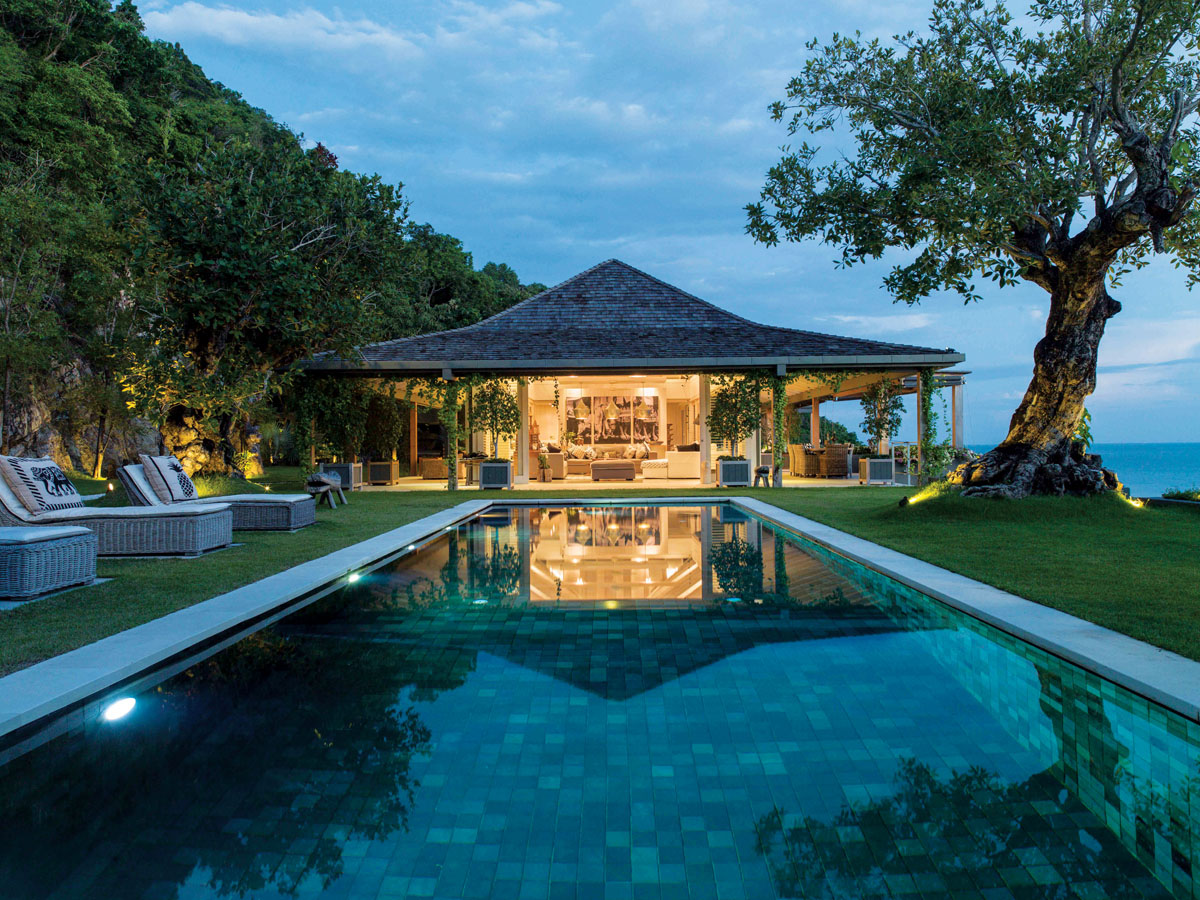Foreign Home Ownership
Top tips to investing in overseas real estate
It might sound thrilling, but buying property in another country can be an expensive disaster if you don’t do your research.
Buying a property overseas could be the biggest purchase you will ever make. It’s easy to be captivated by the idea of buying a Bali beach shack, a Tuscan farmhouse or a pied-à-terre in Paris, or to be seduced by the idea of a stable high-return investment, but with a purchase of this size, you need to keep your head.
Ideally, before buying a foreign property you’ll put in some substantial research. You’ll get a better deal if you have comprehensive and up-to-date advice each step of the way, from building a budget to complying with regulations that differ from country to country, to understanding the tax implications.
Property expert Nicolette van Wijingaarden, from Unique Estates, helps Australian investors purchase overseas property. She says one of the most important considerations is grasping the local laws and how they might affect your purchase. “In a number of countries, such as Fiji, Thailand and Indonesia, the majority of the land is leasehold rather than freehold,” she says. Leases are usually quite long – up to 99 years – and easy to renew, she adds.
“As a foreigner, you have a lease over the land and the building but you have that lease from a local landowner. Usually you can’t own the property freehold.”
Van Wijingaarden says it is important to have a clear idea of why you’re buying the property. While many investors want to maximise their return, she says other buyers don’t care about long-term asset appreciation. “They might buy a lifestyle property because they love the area or they’ve fallen in love with the house,” she says. If that’s the case, buyers don’t tend to be concerned if there are property costs over time or if the eventual selling price is fairly similar to what was paid.
Van Wijingaarden recommends getting specific in-country advice from professionals, including a lawyer and accountant, to understand how property deals work and your rights in that country. Ask the Australian Trade Commission or consulate in the country where you are looking to buy for a recommendation, she says.
Having a good property manager is also important, particularly if you’re considering taking holiday lettings. “If you’re purchasing the property as a holiday home, who will look after it when you’re not there and how can you ensure that the property is secure?”
Van Wijingaarden says that you should also get advice about the tax consequences of income generated on a property, and the tax implications of selling the property later. “For example, if you sell property in France that is not your primary residence, the tax bill can be significant.”
She says that property taxes vary widely between countries. Australian tax rules generally allow residents to claim a “foreign income tax offset” deduction to protect them from taxation “double-dips” on asset returns. “It’s also important to do your research about recent property sale prices and trends for comparable estates in the same location to make sure that you’re not over-paying,” she says.
Insurance is another important consideration, she says, particularly in countries where there are regular natural disasters, such as cyclones. “How much risk will you take on? Is your property insurable for events known to occur in that location?”
Finally, van Wijingaarden says, it’s important to make sure that your funds transfers are made with a reputable financial institution, that deposit funds go into the correct trust accounts and that you’re aware of foreign exchange rate risks.



